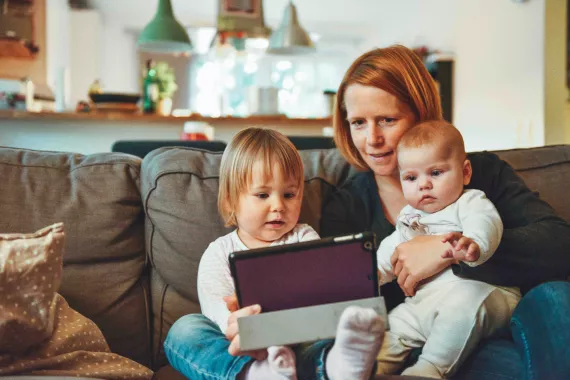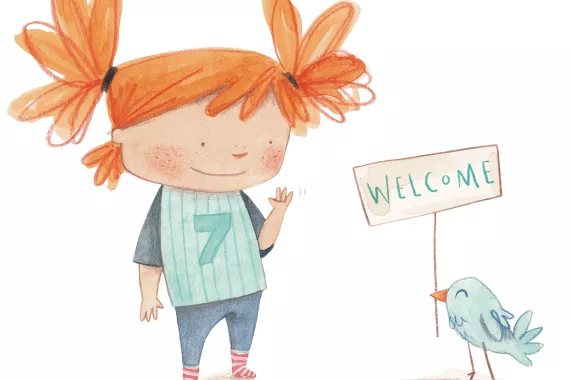Why teaching kids about money matters
Children learn about money long before they ever earn it. They watch how parents spend, save and talk about finances every day. These small observations shape how they think about value, effort and choices. That is why early money education is one of the most important gifts you can give your child.
Financial confidence does not come from having more money, but from understanding how it works. When children learn how to manage money responsibly, they develop independence, problem-solving skills and the ability to make smart decisions as adults.

Start with simple conversations
You do not need to be a financial expert to teach your children about money. Start by talking about everyday situations in language they understand. When shopping, explain that money is exchanged for goods and that prices vary. When paying bills, describe why electricity or the internet costs something.
The goal is not to overwhelm them but to help them see that money is part of daily life and that good decisions take thought. A few honest conversations early on build a healthy relationship with money later.
Give children real-world practice
The best way for kids to learn is by doing. Pocket money is a great tool because it lets them make small choices with low stakes. Decide on a set amount each week or month and encourage them to divide it into spending, saving and sharing.
If they want something special, like a new toy or game, show them how saving a little each week helps reach that goal. This introduces patience, planning and the satisfaction of achieving something through effort.

Teach the difference between needs and wants
One of the most valuable lessons you can teach is the difference between what we need and what we simply want. Needs are essentials like food, clothing and housing. Wants are extras like sweets, gadgets or new trainers.
Discussing this distinction helps children think critically about spending. It also teaches gratitude and helps prevent impulsive habits later in life.
Make saving fun and visible
Children are more motivated when they can see their progress. Use a clear jar, a small box or a digital savings account designed for kids to show how money grows. Watching coins or numbers increase gives them a real sense of achievement.
For older children, talk about interest or rewards for saving. Explain how banks use money and why keeping it in a safe place is better than spending it immediately.
Encourage generosity and responsibility
Money confidence also includes learning how to use it wisely for others. Encourage your child to donate a small portion of their savings to a cause they care about or to help a friend in need. This fosters empathy and shows that money can create positive change, not just personal comfort.
Responsibility grows through trust. Let your child make some spending choices independently, even if you would decide differently. Small mistakes are part of learning and build resilience.

Use technology as a learning tool
In 2025, there are many apps and online tools that make financial learning interactive and fun for children. Some teach basic budgeting, while others simulate earning, saving and investing in a game format.
When used mindfully, these tools can complement real-world lessons and help older children understand digital money, a skill that is essential in today’s cashless world.
Lead by example
Children learn more from what they see than what they hear. Show them how you budget, save for goals and avoid impulse spending. Talk openly about both successes and challenges so they understand that managing money is a lifelong process, not a one-time lesson.
Seeing you handle money thoughtfully gives them a model to follow and helps them feel confident that they can do the same.

Final thoughts
Teaching kids about money is not about numbers or perfection. It is about building confidence, curiosity and responsibility from an early age. With simple conversations, small habits and real-world practice, children grow into adults who can make smart, independent financial decisions.
Every family can start today. The lessons do not have to be formal or complicated. They just need to be consistent and honest.
Want tools to help your family learn about money together?
Download our app for more info and discover fun, interactive ways to teach kids about saving, spending and planning. Build confidence as a family and make financial learning part of everyday life.
Because good money habits start young, and confidence lasts a lifetime.
Discover more
-
Talking money with your children
We often reference our relationships with money in the context of how we were raised. Conversations or examples from our parents m... -
10 Easy Ways to Teach Kids About Money at Any Age
These 10 simple tips will help you teach kids about money at any age, building healthy habits for life. -
Weekly Money Hour - How To Teach Your Kids About Money
This weekly money hour is for all parents out there... Did you know that money habits are largely shaped by age 7? Listen to our i...


